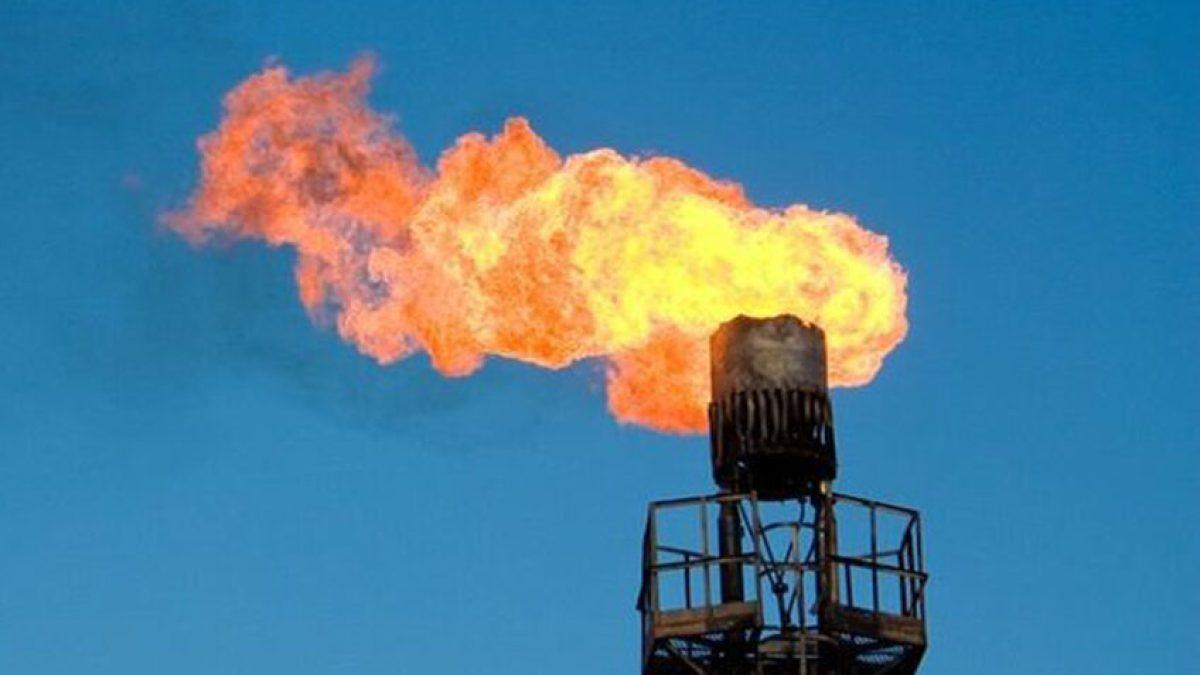Inflation-Wary U.S. Consumers Flock to ‘Black Friday’ Deals

US shoppers turned out in large numbers for “Black Friday,” with early data indicating strong online sales despite concerns over inflation. Retailers in the world’s largest economy have been offering a wide array of deals to attract consumers, as both markets and shoppers brace for potential uncertainties during the transition from President Joe Biden to a possible return of Donald Trump.
There are hopes that this year’s holiday shopping season, which stretches from Thanksgiving through Christmas, will be a major success.
The National Retail Federation (NRF) reported that a record 183.4 million people are planning to shop over the holiday weekend, slightly up from 182 million last year and 18.1 million more than in 2019, before the Covid pandemic disrupted the global economy.
Adobe Analytics noted that by Friday afternoon, US consumers had spent $7.9 billion online, marking an 8.2 percent increase from the previous year. The final tally is projected to reach between $10.7 billion and $11 billion, setting a new e-commerce record for Black Friday.
Originally a one-day event when shoppers flocked to malls for huge discounts, Black Friday has now expanded to include “Small Business Saturday” and “Cyber Monday,” further spreading out the shopping frenzy.
Despite inflation easing from its post-Covid highs, many Americans remain cautious as consumer prices are still significantly higher than before the pandemic. Beatrice Judon, a shopper in her 70s, described the economic climate as “challenging.” After visiting a department store in Washington, D.C., she expressed hope that conditions would improve, saying, “We hope things get better. We just have to wait and see.”





